As we’ve previously discussed on this Blog, while businsses owe their patrons a duty of reasonable care to provide a safe environment, this protection was eroded by the New Jersey Supreme Court in Prioleau v. Kentucky Fried Chicken, Inc., 223 N.J. 245 (2015), where the court limited the “mode-of-operation” doctrine. The “mode-of-operation” doctrine provides that where a patron is injured as a result of a dangerous condition that was created as a result of an employee’s or customer’s handling of goods, the court will infer that the business was negligent and impose upon the business the obligation to come forward with rebutting proof that it had taken prudent and reasonable steps to avoid the potential hazard. In Prioleau, the court made clear that this doctrine “a special application of foreseeability principles in recognition of the extraordinary risks that arise when a defendant chooses a customer self-service business model.” 223 N.J. at 262.
We predicted that after Prioleau, New Jersey courts would decline to apply the “mode-of-operations” doctrine and begin dismissing slip-and-fall cases. A good example of this trend is the recently decided case of Troupe v. Burlington Coat Factory Warehouse Corp., Docket No. A-1687-14T4, ___ N.J. Super. ___ (Dec. 7, 2015). In Troupe, the plaintiff, a customer of a retail clothing store, filed suit after slipping and falling on a berry on the floor. Discovery revealed that an outside service cleaned the store every morning before it opened, but, aside from that, there was no periodic sweeping of the floors. Instead, employees who dropped or happened to see something on the floor would pick up what was there. The plaintiff’s expert was critical of the store for its lack of periodic inspections. Specifically, the expert cited the fact that the store had an entire section for children and babies. The expert opined that it was foreseeable “that at various times those babies and children would be doing the things that babies and children normally do, including eating snacks, drinking drinks, and dropping things onto the floor,” such as the berry that caused the plaintiff to slip and fall. The trial court dismissed the plaintiff’s case, finding that the store had not breached its duty of care because there was no evidence that the store knew or shoudl have known that the berry was on the floor prior to the plaintiff’s slip and fall. The trial also rejected application of the mode-of-operation doctrine because the berry “wasn’t anything that they’re selling.”
On appeal, the Appellate Division upheld the dismissal. First, the Appellate Division found that the store had no notice of the dangerous condition.
“There was no proof [that the store] or any employee had actual knowledge about the berry on the floor. There were no eyewitnesses and nothing about the characteristics of the berry that would indicate how long it had been there. There were no other berries in the vicinity. No one was found to have been eating berries in the area. Without actual or constructive notice of the dangerous condition, the trial judge was correct that [the store] did not breach its duty to [the plaintiff].”
Second, the Appellate Division found that the mode-of-operations doctrine did not apply. Quoting Prioleau, the Appellate Division stated:
“Mode-of-operation liability is not created merely because a store’s cleaning schedule is allegedly inadequate. Instead, such a theory of liability requires that the dangerous condition arise from a self-service characteristic of the store’s operations…. [I]t is [up to] the patron … [to] show a clear nexus between the self-service component of the business and ‘a risk of injury in the area where the accident occurred.'”
In other words, permitting patrons to roam the aisles with food is not sufficient to trigger the mode-of-operations doctrine unless the store also sold that food in close proximity to the location where the fall occurred, and the store has no obligation to do periodic sweeping!
For more information contact the Cherry Hill personal injury lawyers at Folkman Law at 856-354-9444.


